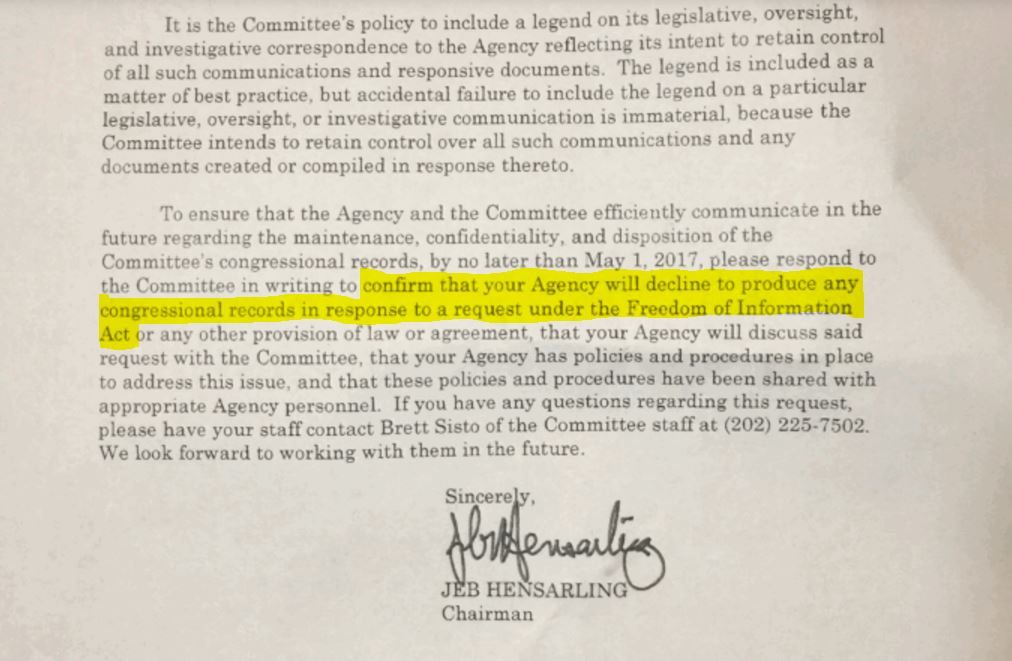SMOKE AND MIRROS
GreenTech Automotive, Terry McAuliffe, and crony capitalism
By John J. Vecchione and Ryan Mulvey | Jul 22, 2017
A politically connected “green energy” vehicle company that never delivered on its promises is finally being taken to task. A state auditor in Mississippi is demanding GreenTech Automotive repay its public loans after taxpayers were taken for a proverbial ride — though certainly not in one of the company’s elusive vehicles.
Read the full column at Richmond Times-Dispatch
